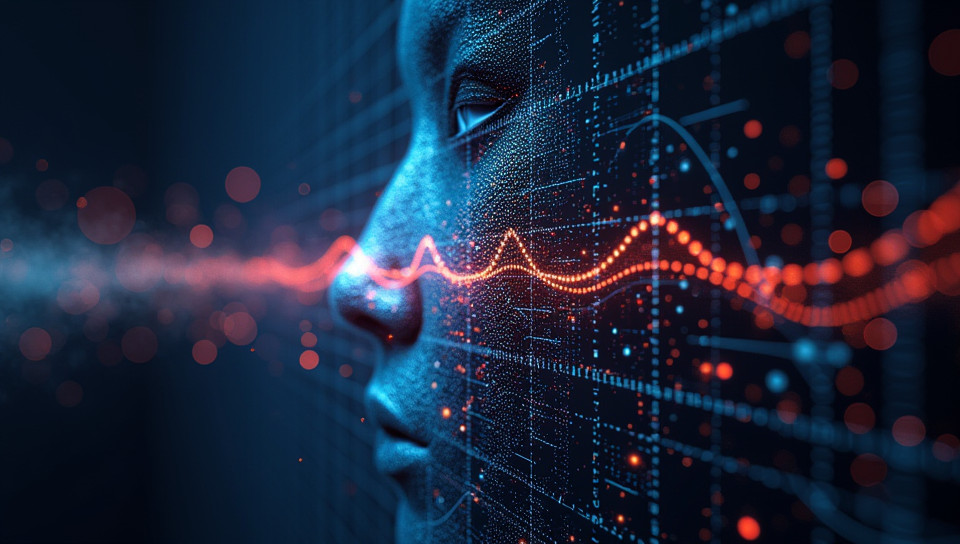Quantum noise affects the accuracy of these computations 87%

Quantum Noise: The Hidden Enemy of Accurate Computations
In the realm of quantum computing, precision is paramount. Even the slightest deviation from perfection can have catastrophic consequences on the accuracy of computations. A major obstacle that stands in the way of achieving this precision is quantum noise – a phenomenon that has been a persistent thorn in the side of researchers and developers.
What is Quantum Noise?
Quantum noise refers to the random fluctuations that occur during quantum computations due to the inherent properties of particles at the quantum level. These fluctuations can cause errors in calculations, leading to inaccurate results. The effects of quantum noise can be particularly pronounced when dealing with fragile quantum states, which are susceptible to even the slightest disturbance.
Sources of Quantum Noise
There are several sources that contribute to quantum noise. Some of these include:
- Environmental noise: Interactions between quantum systems and their surroundings can introduce errors.
- Decoherence: The loss of quantum coherence due to interactions with the environment.
- Technical noise: Errors introduced by imperfect equipment or experimental setup.
Consequences of Quantum Noise
The effects of quantum noise can be far-reaching, with significant implications for a range of applications. Some of these consequences include:
- Reduced accuracy: Quantum noise can lead to errors in calculations, making it challenging to achieve precise results.
- Increased computation time: Repeating computations to account for errors can significantly slow down the process.
- Limitations on scalability: The presence of quantum noise can limit the size and complexity of quantum systems.
Mitigating Quantum Noise
While quantum noise is a significant challenge, researchers have developed various strategies to mitigate its effects. Some of these include:
- Error correction codes
- Dynamical decoupling techniques
- Quantum error correction protocols
These methods aim to either correct or prevent errors caused by quantum noise, allowing for more accurate and reliable computations.
Conclusion
Quantum noise is a persistent threat to the accuracy of quantum computations. Understanding its sources and effects is crucial to developing strategies to mitigate its impact. By acknowledging this challenge and working towards solutions, researchers can push the boundaries of what is possible in the field of quantum computing. As we continue to explore the vast potential of quantum systems, overcoming the obstacle of quantum noise will be a vital step towards achieving precision and reliability in our calculations.
- Created by: Marcia Santos
- Created at: Aug. 16, 2024, 11:19 p.m.
- ID: 7465






